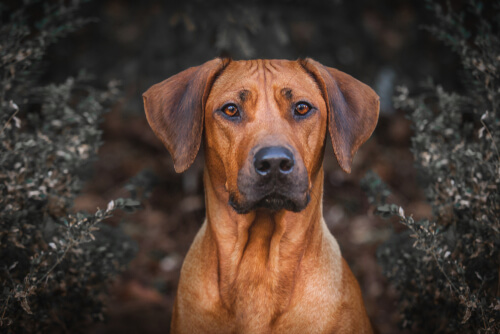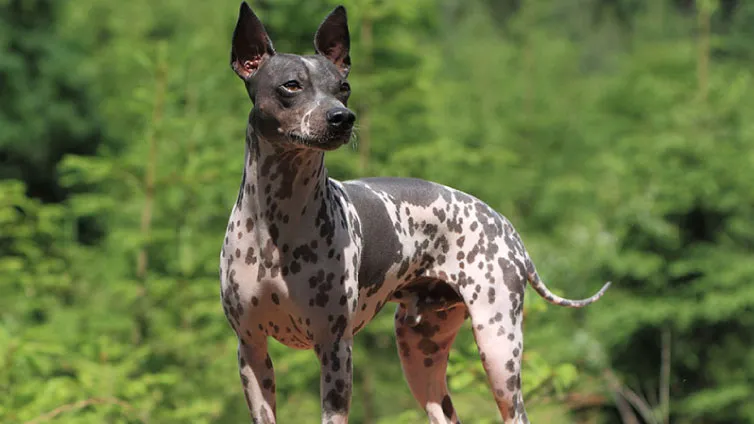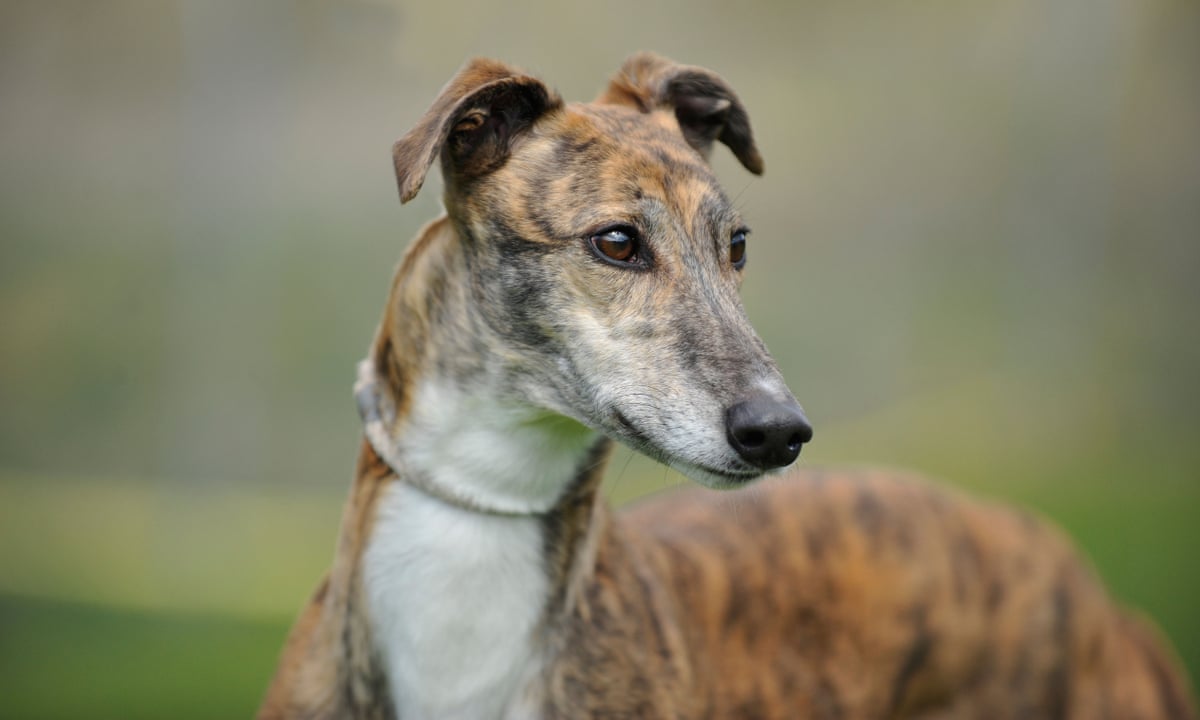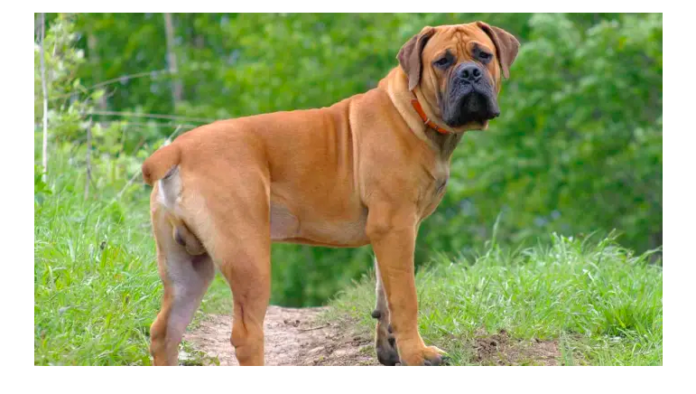Last Updated on November 6, 2021 by Fumipets
Africa as a continent is home to a diverse range of topography. Mountains, deserts, grasslands, and other natural features may be found in the region. As a consequence, several African dog breeds are particularly well adapted to the nations from where they originate. To keep cool in the heat, some dogs have no hair. To fit in with their environment, some dogs are tan in colour. To chase gazelles, some have long legs.
Africa is home to some of the world’s oldest canines, with one breed dating back to 7000 BC. Pharaohs in Egypt employed ancient versions of today’s contemporary dogs as companions and hunting dogs. That’s the big thing with breeds from African countries — they are pretty much all hunting dogs or guard dogs to keep owners safe from lions and hyenas, rid of rodents, and stocked with food from their hunts. This is in contrast to Chinese dog breeds, which were often employed as sleeve warmers or companions for royalty rather than working, hunting dogs.
Continue reading to discover about the many African dog breeds, as well as how certain old canines developed into the famous pups we see today.
Basenji

This dog breed originated in the Congo, where it was used to reduce rat populations in communities and drive small animals into hunting nets, according to Dog Time. Because it emits yodels and screams instead of conventional barks, the Basenji is also known as the “African barkless dog.”
Sloughi

Sloughi They may be found in Africa’s Morocco, Tunisia, Libya, and Algeria, and have a strong sense of hunting. The dog didn’t arrive in the United States until 1973, and the American Kennel Club finally recognised it in 2016.
Rhodesian Ridgeback

Rhodesian Ridgebacks, often known as “African Lion Dogs,” were used to protect humans from lions. They originate in South Africa and are renowned for their ability to traverse great distances. And any dog that can take on a lion is a force to be reckoned with.
Azawakh

The Azawakh is from a West African tribe that may be found in Mali and Niger. This dog, sometimes known as a “slighthound,” would hunt gazelles in the Saharan desert and could endure the sand’s scorching temperatures.
Abyssinian Sand Terrier

These puppies, often known as “African Hairless Dogs,” do not have fur like other dogs. The term “Abyssinian” implies that the dogs originated in Abyssinia or modern-day Ethiopia.
Chinese Crested

Don’t be misled by the name; many people think the Chinese Crested has African origins. According to the AKC, bigger hairless dogs may have been transported from Africa to China and subsequently bred down in size.
Boerboel

South African Mastiff is another name for this dog. They were employed as farm dogs to protect people from hyenas and lions. They could also hunt large animals, weighing between 150 and 200 pounds.
AfriCanis

AfriCanis is the name given to a landrace of Southern African aboriginal dogs. Villagers often employ them as friends and to protect cattle, although they aren’t strictly pets in the typical American sense. They’ve developed through time to survive the area’s particular weather, topography, pests, and other factors.
Coton de Tulear

According to Dogtime, the Coton de Tulear was stranded in Madagascar after a shipwreck. It’s possible that these were rat deterrents on board the fatal ship. When the breed arrived in Madagascar, it quickly became popular among the regal and affluent. According to Dog Time, they were not brought from Africa to Europe and developed as a breed until the 1970s.
Aidi

This shaggy puppy was bred in Morocco and employed as a hunting and security dog. Despite the fact that many African dogs have short coats, Aidi’s lengthy hair defends it from the weather as well as predators.
Greyhound

According to the AKC, the contemporary Greyhound has Egyptian ancestors. The ancestry dates back 5,000 years when they were the preferred canines of pharaohs. Their large legs aided them in hunting animals in the desert quickly.
Saluki

Salukis are said to be the world’s oldest dog breed by some. According to the AKC, their ancestors date back to 7000 BC. According to the AKC, they’ve been discovered in North Africa and Egypt, where they were also used as pharaohs’ hunting dogs, similar to greyhounds.
African Wild Dog

These creatures may carry the word “dog” in their name, but according to National Geographic, they have just four toes per paw instead of the five that domesticated dogs have. In Sub-Saharan Africa, they hunt in groups for antelope and wildebeests. They’re also listed as an endangered species.


















